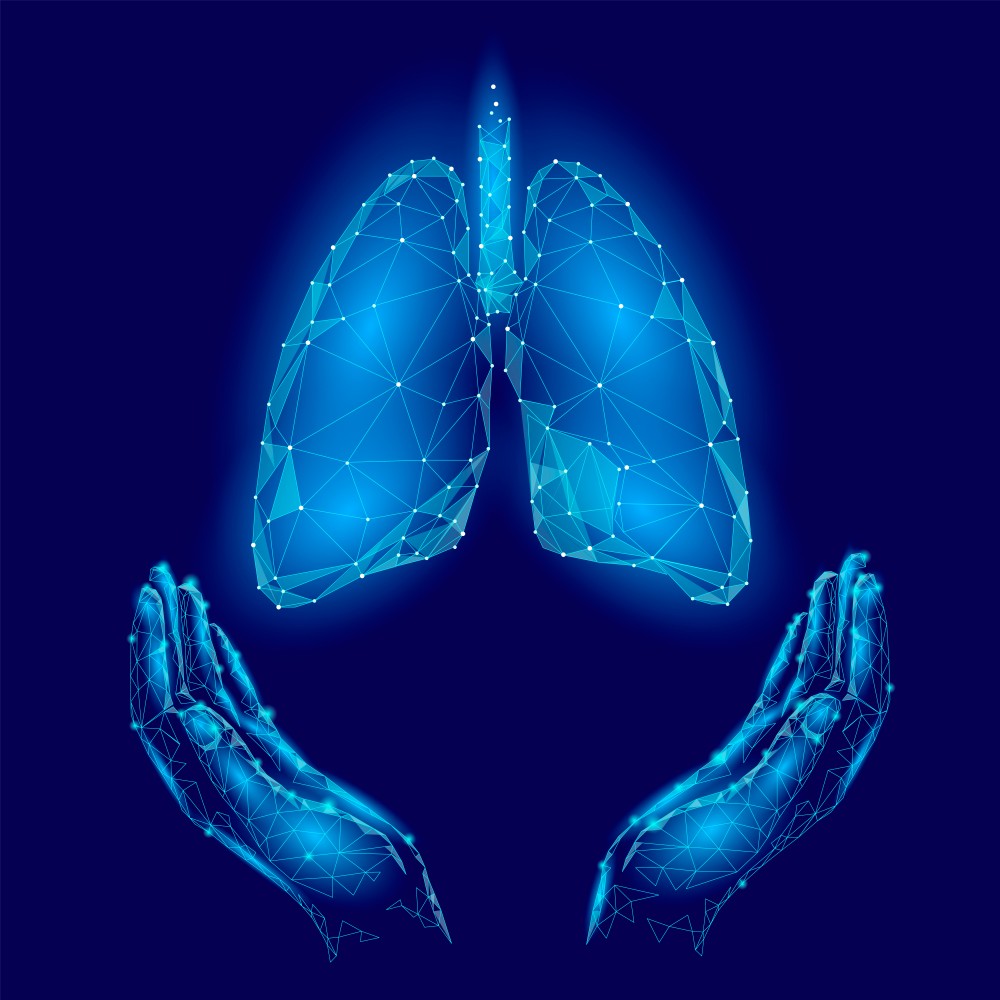
A U.S. tuberculosis vaccination trial utilizing edible sensor technology has reportedly cured 100 percent of participants, leading researchers to suggest that the technology could be a “game changer” in high-risk countries.
A part of Wirelessly Observed Therapy (WOT), the ingestible sensor is paired mobile, which allows medical staff to observe patients’ consumption of TB medicine from the inside, remotely. Traditionally, such observation consisted of a healthcare worker watching a patient swallow medication. The overwhelming success rate of this randomized, controlled trial, however, leads researchers to think the new method could guarantee treatment adherence.
TB is the largest infectious disease killer globally, even though it has been preventable, treatable, and curable for some time.
“We are not doing people affected by TB justice when we have robust genomic diagnostic tests and the emergence of new antibiotic drugs that can cure TB but cannot guarantee consistent, convenient and private treatment support for them,” said trial lead Sara Browne, professor of clinical medicine in the division of infectious diseases & global public health at the University of California. “If we are serious about eliminating TB, then we have to get some fundamental things right such as increased support for patient care that efficiently helps patients complete all of their treatment.”
In addition to the actual TB treatment rate in the trial, it also demonstrated a 99.3 percent accuracy rate in recording medication ingestion. Using traditional methods, about 63 percent of people are confirmed to take their daily prescribed doses of medication, but under WOT, those figures jumped to 93 percent. Researchers note that the system was also preferable to patients themselves, who were still able to manage their medication use, preserve their privacy and yet, benefit from a system that allowed highly targeted treatment support from medical personnel.
“We must urgently evaluate the applicability of WOT in high prevalence countries such as India and South Africa where treatment adherence rates are often poor due to geographical barriers, stigma, and poverty,” said Dr. Mark Cotton, distinguished professor of pediatrics and child health at Stellenbosch University and Tygerberg Children’s Hospital in Cape Town, South Africa. “WOT could potentially be a lifesaver for millions.”
The results of the California trial were published in PLOS Medicine.




